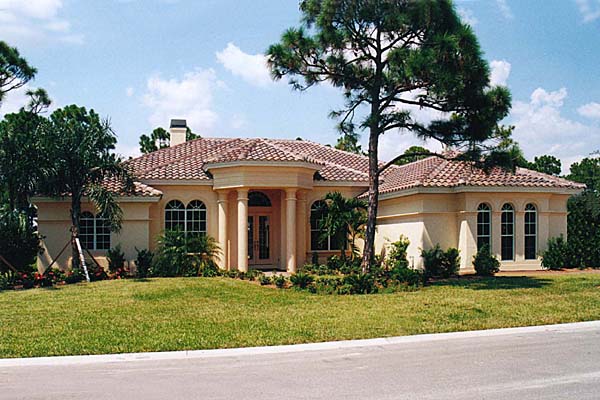CONVENTIONAL LOAN
Understanding Conventional Loans in Real Estate
In the realm of real estate financing, conventional loans stand as a cornerstone for many property transactions. Understanding the intricacies of conventional loans is essential for both homebuyers and real estate professionals, as these loans play a significant role in the housing market.
What is a Conventional Loan?
A conventional loan is a type of mortgage that is not guaranteed or insured by the government. Unlike government-backed loans such as FHA, VA, or USDA loans, conventional loans are backed solely by private lenders. They typically require higher credit scores and larger down payments compared to government-backed loans.
Key Features of Conventional Loans
Credit Requirements:
Conventional loans often require a higher credit score compared to government-backed loans. Lenders usually prefer borrowers with a credit score of 620 or higher.
Down Payment:
While conventional loans generally require a higher down payment compared to government-backed loans, they offer more flexibility in terms of down payment options, allowing borrowers to put down as little as 3% if they qualify for certain programs.
Private Mortgage Insurance (PMI):
Borrowers who put down less than 20% on a conventional loan are typically required to pay for private mortgage insurance to protect the lender in case of default.
Loan Limits:
Conventional loans have set loan limits, beyond which they are considered jumbo loans and may have different requirements.
Advantages of Conventional Loans
Advantages of Conventional Loans
Flexibility:
Conventional loans offer more flexibility in terms of property types and loan terms, making them suitable for a wide range of real estate transactions.
Interest Rates:
Borrowers with strong credit profiles may qualify for competitive interest rates, potentially resulting in lower long-term borrowing costs.
No Upfront Mortgage Insurance Premium (MIP):
Unlike FHA loans, conventional loans do not require an upfront mortgage insurance premium, which can result in cost savings at the outset of the loan.
Conclusion
Conventional loans play a pivotal role in the real estate landscape, providing a versatile financing option for homebuyers and investors. As with any financial decision, it's crucial for individuals to assess their specific financial situation and consult with qualified mortgage professionals to determine the most suitable loan option for their real estate endeavors.
For further inquiries regarding conventional loans in real estate or related topics, feel free to reach out for additional information.
MORE REAL ESTATE TERMS
A, B, C, D, E, F, G, H, I, J, K, L, M, N, O, P, Q, R, S, T, U, V, W, X, Y, Z
Featured New Home

Featured Mortgage Brokers
- HOMESTAR FINANCIAL CORPORATION, WINDER, GA
133 W ATHENS ST STE I
WINDER, GA 30680 - MOVEMENT MORTGAGE LLC, GASTONIA, NC
1000 S NEW HOPE RD
GASTONIA, NC 28054 - GATEWAY FUNDING DIVERSIFIED MTG SRVS LP, CARMEL, IN
600 E CARMEL DR STE 169
CARMEL, IN 46032 - FLAGSTAR BANK FSB, VIENNA, WV
510 GRAND CENTRAL AVE
VIENNA, WV 26105 - LIBERTY HOME EQUITY SOLUTIONS INC, STAMFORD, CT
263 TRESSER BLVD FL 9
STAMFORD, CT 6901